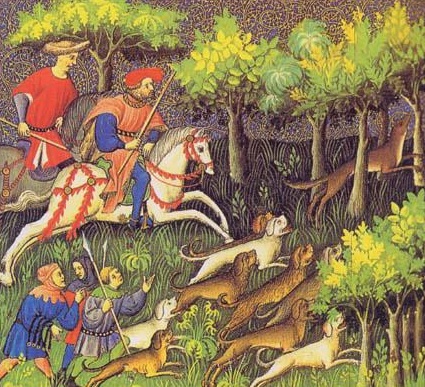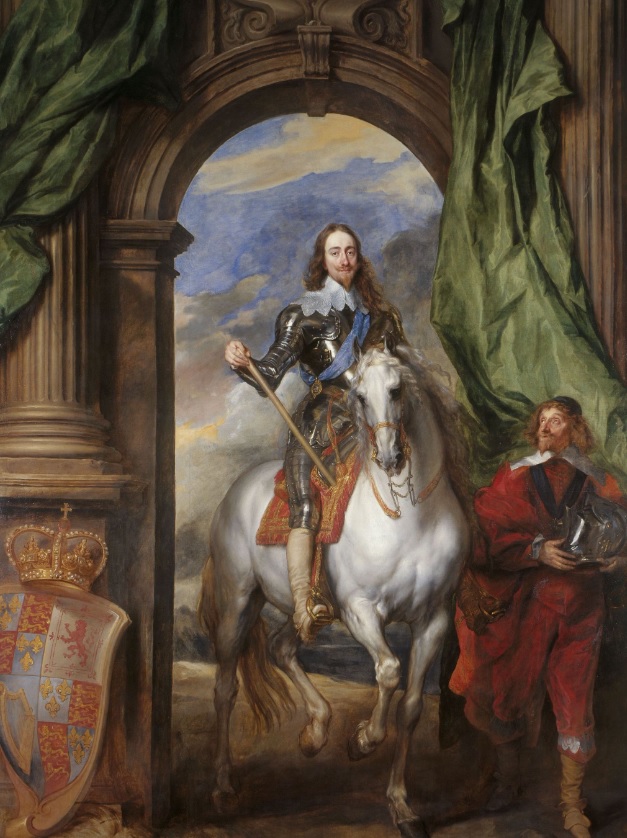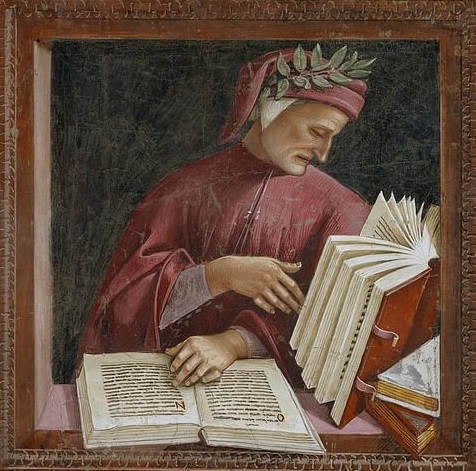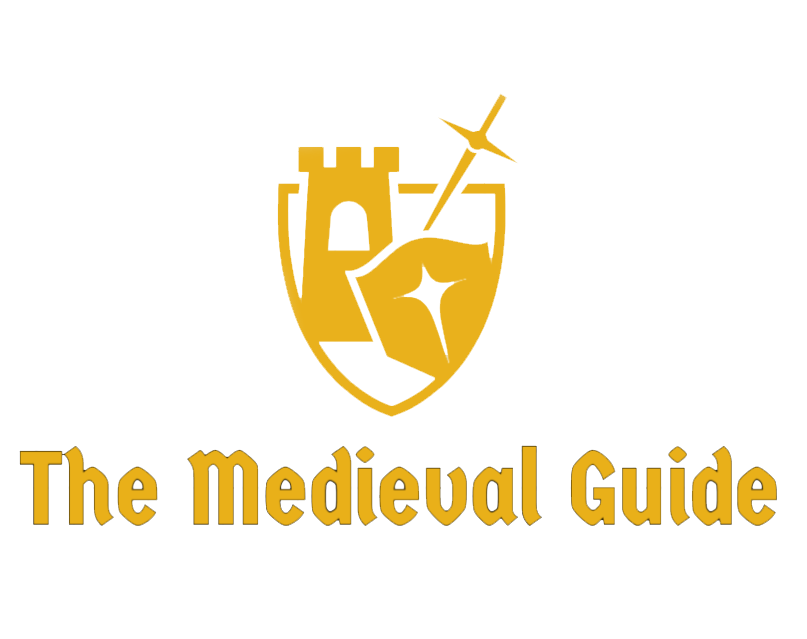During the Middle Ages, kings and other rulers had a number of different ways to entertain themselves and pass the time. These activities ranged from leisurely pursuits such as hunting, feasting, and playing sports, to more intellectually stimulating pursuits such as reading, writing, and engaging in philosophical discussions.
Hunting as a popular pastime for kings
Hunting was a popular leisure activity for many medieval kings, and was seen as a way for kings to demonstrate their skills and bravery. Kings often spent much of their free time pursuing game in the forests and fields of their kingdoms, and were passionate about hunting a wide variety of animals. Some of the most popular animals for medieval kings to hunt included deer, boar, wolves, and birds.

Hunting was not only a leisure activity for medieval kings, but was also an important source of food for the royal household. Many medieval kings kept large hunting estates and maintained large herds of game animals, which were hunted and used to feed the royal family and the court.
Hunting was also an important source of income for some medieval kings, as the sale of hunting rights and the profits generated from the sale of game animals were a significant source of revenue.
In addition to its practical benefits, hunting was also seen as a way for kings to demonstrate their skills and bravery. Kings were often accompanied by a large entourage of nobles, knights, and other members of the court when hunting, and the success of the hunt was seen as a measure of the king’s abilities.
Hunting was also a way for kings to bond with their subjects, as many ordinary people also enjoyed hunting and participated in the sport.
Feasting and banquets
Feasting was another popular pastime for medieval kings. Kings and other members of the royal court enjoyed lavish banquets and feasts, which were often accompanied by music, dancing, and other forms of entertainment.
These feasts were an opportunity for kings to display their wealth and power, and were also a way for them to socialize and relax.
Physical activities and sports
Medieval kings also enjoyed participating in a variety of sports and physical activities. Many kings were skilled horsemen and enjoyed riding and jousting, while others preferred more physically demanding activities such as wrestling and fencing.

Sports and physical activities were seen as a way for kings to stay fit and healthy, and were also an important way for them to demonstrate their skills and physical prowess.
Intellectual pursuits of medieval kings
In addition to leisurely pursuits such as hunting and feasting, many medieval kings also engaged in more intellectually stimulating activities. Many kings were well-educated and enjoyed reading, writing, and engaging in philosophical discussions. These activities allowed kings to engage with ideas and concepts, and were an important way for them to expand their knowledge and understanding of the world.
Reading was a popular pastime for many medieval kings, and many kings had large collections of books in their libraries. These books covered a wide range of subjects, including history, literature, science, and philosophy. Kings often spent hours reading and studying these books, and used their knowledge and understanding of these subjects to inform their decision-making and policy-making.
Writing was also a popular pastime for many medieval kings. Some kings wrote poetry or prose, while others kept journals or wrote letters to other rulers and dignitaries. Writing allowed kings to express their thoughts and ideas, and was an important way for them to communicate with others.

Some medieval kings were also patrons of the arts, and supported the creation of literature, music, and other forms of artistic expression. These kings believed that the arts were an important part of cultural and intellectual life, and saw their support of the arts as a way to enrich the kingdom and its people.
Conclusion: The diverse leisure activities of medieval kings
Overall, medieval kings had a variety of ways to entertain themselves and pass the time. These activities ranged from leisurely pursuits such as hunting, feasting, and playing sports, to more intellectually stimulating pursuits such as reading, writing, and engaging in philosophical discussions. These activities allowed kings to relax and enjoy themselves, and were an important part
